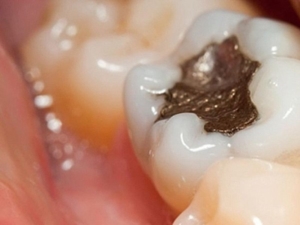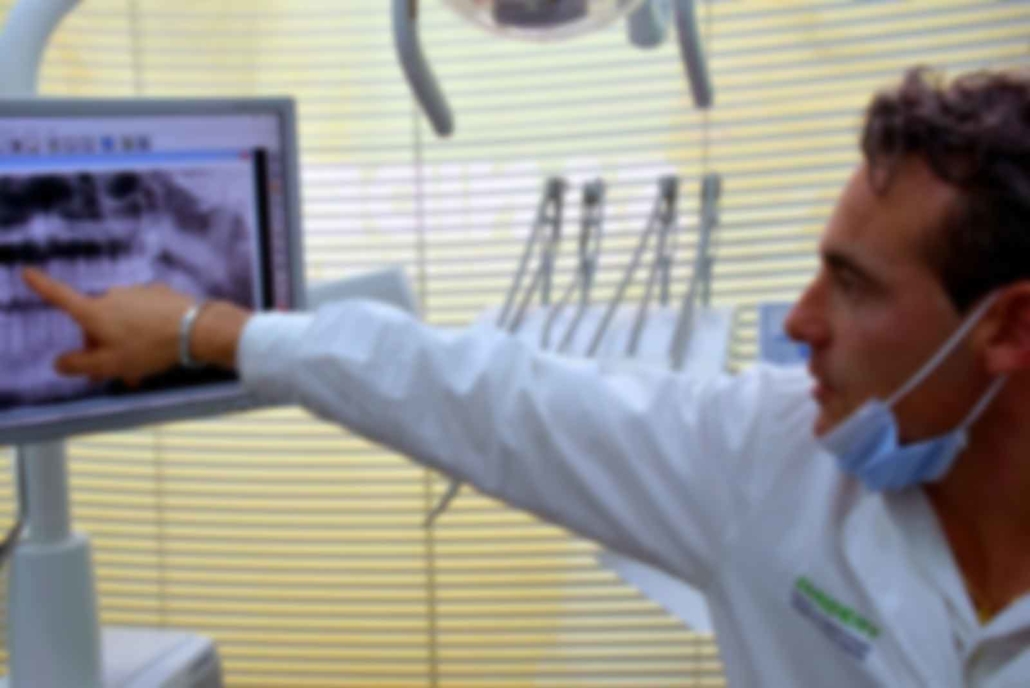A compromised tooth is often the source of a dilemma: should it be treated or replaced? Unfortunately, the answer is not reported in dentistry manuals, because there is no absolute answer to this question: in front of a seriously ill tooth it is the clinical experience of the dentist that answers, in relation to the individual patient.
Only replace teeth when necessary
Extraction of a compromised tooth was a very common practice in dentistry a few decades ago. With modern dentistry and above all thanks to the innovative techniques and instruments introduced, extracting a tooth even if seriously ill has become the last alternative for the dentist.
Today it is possible to cure a compromised tooth, even severely, and postpone its extraction as long as possible.

Compromised tooth: why cure it
Natural teeth are a precious asset and preserving them is also a priority for the dentist. Today implantology has reached very high levels and the success and survival rates of implants continue to grow; despite this, however, there may be complications due to other pathologies or the duration of the implant may be shorter than the patient’s life expectancy.
In patients suffering from periodontitis, for example, implant failure due to peri-implantitis may be more likely and therefore extracting a compromised tooth in favor of inserting an implant is still risky.
For these reasons it is always better to delay the insertion of dental implants as much as possible, except in cases of extreme necessity and in the absence of valid alternatives.
The evaluation of the single clinical case

Clinical experience undoubtedly guides the dentist in such a complex choice as that of replacing or treating a compromised tooth.
In fact, each clinical case can present its complexities. If, for example, to save a compromised tooth, it was necessary to file two other natural teeth to insert a bridge, at that point it is very likely that the dentist could opt for the extraction of the tooth and the insertion of the implant.
Safeguarding healthy teeth always remains a priority.
The relationship of trust with your dentist is fundamental in these cases: a dentist who knows the patient’s clinical history will always be able to provide all the information on the situation, evaluate therapies, advise and guide the patient towards the best solution for the his specific case.









